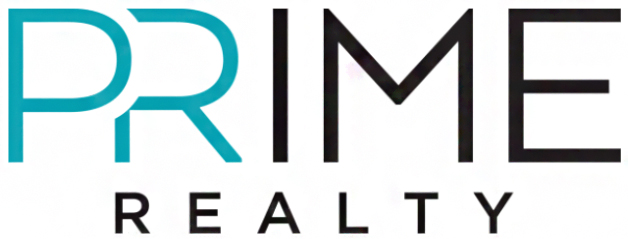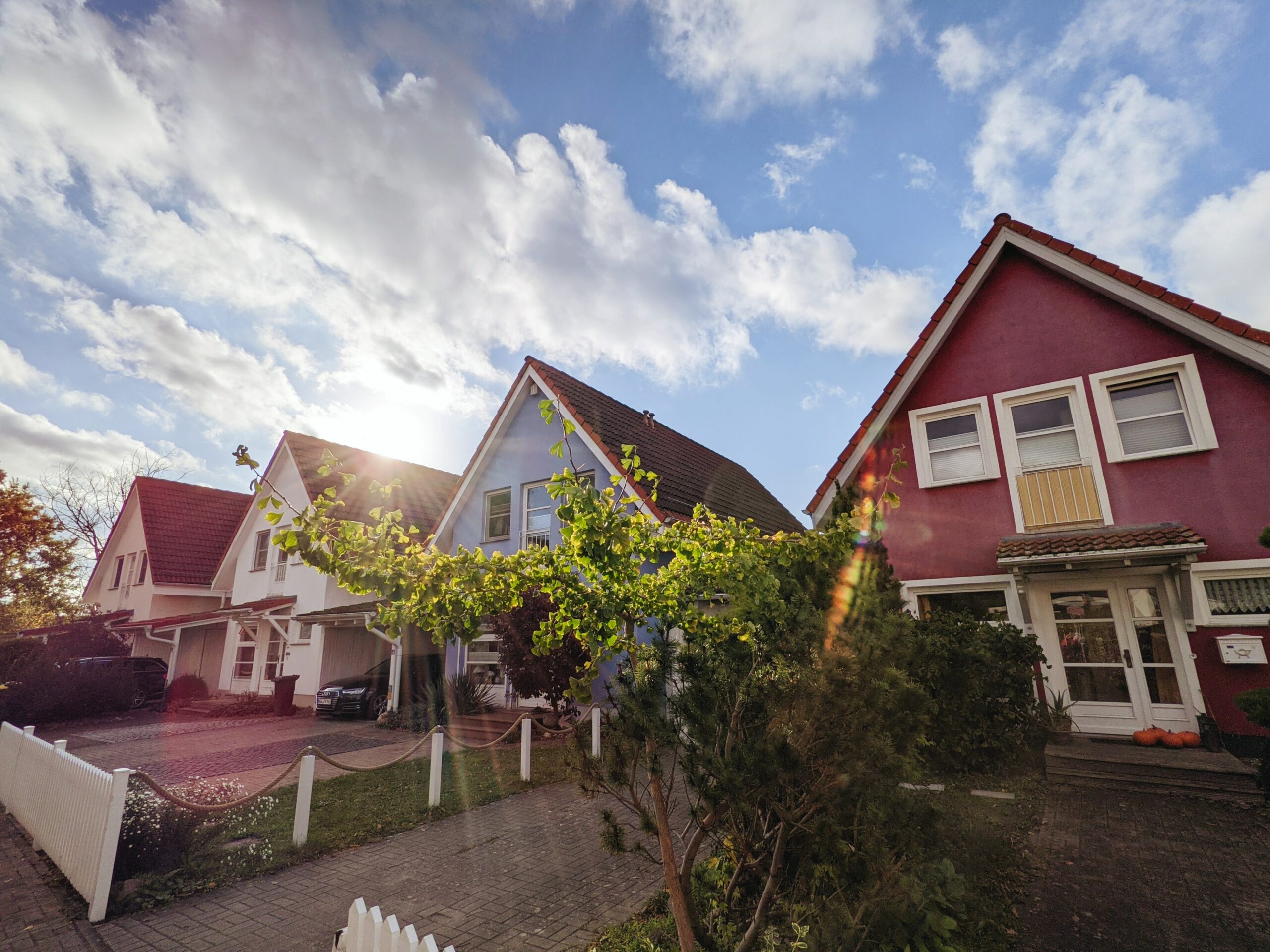2022 Market Review
Here’s the 2022 Market Review.
People would consider last year to be a rollercoaster year. Mortgage rates were near historic lows, buyer competition was fierce, and homes were selling at a breakneck pace, often with multiple binds and all-cash offers, due to pent-up demand and a shortage of housing supply, causing sales prices to soar to new heights.
But all that changed shortly after when the increase in mortgage rates began and hundreds of dollars added to people’s existing monthly mortgage payments, causing the housing affordability to plummet to its lowest level in decades.
Year-to-Year Comparison Report comparing 2021 to 2022.
The quantity sold increased by 2% going from 33,753 to almost 34,337.
The volume sold increased by 14% going from $10,114,053,877 to $11,568,805,796.
The average sale price increased by 11.9% going from $318,548 to $356,525.
The median sale price increased by 14% going from $265,000 to $302,187.
The Price Comparison Report
While the Year-to-Year report does a good job explaining the numbers how much they changed percentage wise, our second source is the Price Comparison Report. This report gives you a more specific look at the overall numbers for each year.
The Price Comparison Report for the years 2021 and 2022 in Greenville looking only at Sold Residential properties, we saw a decrease in home price and a decrease in days on market (DOM). As you can see from this chart, Days on Market declined in 2022 from the 2021 average.
Price Range | Sold 2021 | Sold 2022 | Average DOM 2021 | Average DOM 2022 |
$0-$49,000 | 1,016 | 718 | 185 | 137 |
$50,000-$99,000 | 948 | 767 | 109 | 66 |
$100,000-$149,999 | 1,471 | 1,010 | 58 | 51 |
$150,000- $199,999 | 3,189 | 2,014 | 35 | 32 |
$200,000-$249,999 | 4,209 | 2,797 | 29 | 28 |
$250,000-$299,999 | 3,620 | 3,636 | 33 | 28 |
$300,000-$399,999 | 4,094 | 4,827 | 33 | 28 |
$400,000-$499,999 | 1,739 | 2,291 | 38 | 33 |
$500,000+ | 2,132 | 2,652 | 62 | 40 |
The Average Sale Price Sold average for 2022 was $356,525 which is significantly more than the 2021 Average Sales Price Sold average of $318,548. While the number of listings from 2021 to 2022 increased from 20,204 to 20,594.
The Cumulative Historical Statistics
The Cumulative Historical Statistics created by the Greater Greenville Association of Realtors® is the final source for our 2022 Market Review. According to these statistics, the Upstate has had a steady increase in units, volume, average price, and median price for the past five years.
These numbers are a representation of market activity but may not include all sales brokered by Member firms and should not be viewed as an all-inclusive of sales transacted within the referenced time periods.
Here are the 2022 numbers compared to last year (2021).
Year | Units | Average Price | Median Price | Average DOM |
2022 | 16,647 | $356,525 | $302,187 | 27 |
2021 | 17,690 | $318,516 | $265,000 | 29 |
Here are the 2022 numbers compared to the 2016 numbers.
Year | Units | Average Price | Median Price | Average DOM |
2021 | 17,690 | $318,516 | $265,000 | 32 |
2016 | 12,198 | $212,306 | $183,000 | 62 |
So, what does this mean for 2023?
Takeaway from SCR Annual Report on the South Carolina Housing Market:
Looking ahead to 2023, much depends on inflation, mortgage interest rates, and the broader state of the economy, although economists predict many of 2022’s housing trends will continue into the new year: home sales will soften, price growth will moderate, inventory will remain tight, and there will be greater variability between markets nationally, with some regions possibly seeing price declines while other, more affordable areas of the country remain in high demand and experience price growth.
NAR Declares Greenville-Anderson-Mauldin, South Carolina Real Estate Market as ‘One to Watch in 2023’:
NAR selected the top 10 real estate markets to watch in 2023 based on how they compared to the national average on the following economic indicators: 1) better housing affordability; 2) greater numbers of renters who can afford to buy a median-priced home; 3) stronger job growth; 4) faster growth of information industry jobs; 5) higher shares of the information industry in the respective local GDPs; 6) migration gains; 7) shares of workers teleworking; 8) faster population growth; 9) faster growth of active housing inventory; and 10) smaller housing shortages.
Prime Realty’s 2022 Residential & Commercial Review
Prime Realty’s residential team ranked no. 65 nationally for total volume sold as a firm! Selling 171 units in 2022, they ranked no. 51 nationally. Prime Realty team is ready for 2023!
Prime Realty’s commercial team reached almost $22 million in volume sold in 2022, establishing their national ranking at no. 41.
Find Your Dream Home in South Carolina
We hope you found this 2022 Market in Review helpful and informative.
If you’re in the market for real estate in South Carolina, be sure to check out our inventory site for available properties. Our experienced team is dedicated to helping you find your dream home, so please don’t hesitate to contact us with any questions or to schedule a showing. And remember, if you’re ready to take the next step in finding your new home, give us a call or visit our website to schedule a consultation with one of our expert agents today!
Resources
For this blog, we used the Residential Sales data from the MLS (Multiple Listing Service) for the Greater Greenville Association of REALTORS® (GGAR) to show you how the market in Greenville has changed over time. For more generic 2023 detailed forecast reports, visit Realtor and Zillow.




 Locking in your interest rate
Locking in your interest rate


